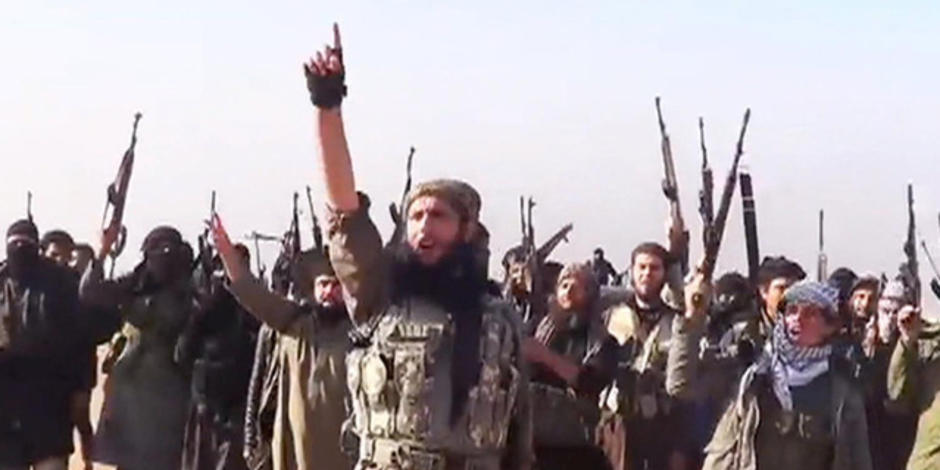Josephine Ricardo and Marielis Batista
Kenya: On the morning of December 25th, people’s homes are decorated with flowers and a Cyprus tree. Christians attend church in the evening, for Midnight Mass. After church comes the party. A goat is usually killed for the occasion and the family will make traditional beer and the special dishes of their particular tribe. Plenty of singing occurs. Boxing Day, December 26, is the day for curing the hangover and giving gifts. A gravy-like soup made from the goat's blood and bone is typical.
Merry Christmas: Kuwa na Krismasi njema!
Mexico: Their main Christmas celebration is called La Posada, during the procession, celebrants go from house to house carrying the images of Mary and Joseph looking for shelter. On Christmas Day, kids are blindfolded and taken to try and break a decorated clay piñata that dangles and swings at the end of a rope. Mexicans attend a Midnight Mass service which is called la Misa Del Gallo or, "the rooster's mass," and at the mass they sing lullabies to Jesus.
Merry Christmas: Feliz Navidad!
Dominican Republic: It’s a tradition to hear radio stations with Dominican Christmas songs. Private and public institutions make Christmas dinners and raffle them off for employees. While at dinner, you may be surprised to hear in your front yard a group of people from your neighborhood playing “aguinaldos,” which are songs popularly played during the Christmas season. On Christmas Day some people will exchange gifts, but most of the people wait until “El dia de los reyes,” “the Celebration of Three Wise Men,” on January 6th.
Merry Christmas: Feliz Navidad!
China: Christmas is only celebrated in big cities where more people are Christians. Chinese like to get together with friends, relatives, and with their couples. They like to have Christmas parties or hang out at some restaurant or a bar. Christians celebrate by going to special church services. On christmas eve there are choral performances and the congregation puts on dance and drama performances.
Merry Christmas: Shengdan jie kuaile!
Egypt: About15% of the population celebrate Christmas. Christmas Day isn't celebrated on December 25, but on January 7. For the 43 days before Christmas, from November 25 to January 6, Coptic Orthodox Christians have a special fast were they eat a vegan diet. On Coptic Christmas Eve, they go to church for a special liturgy or service. Merry Christmas: Mboni Chrismen!
Italy: One of the most important ways of celebrating Christmas is by displaying the Nativity’s crib scene. A lot of Italian families have a nativity crib in their homes. Children go out caroling and playing songs on shepherd’s pipes, wearing shepherd sandals and hats. On Christmas Eve, no meat can be eaten, but Italians eat seven types of fish for dinner, they call it “The Feast of the Seven Fishes.” Christmas celebration starts eight days before Christmas with special “novenas,” or series of prayers and church services. Epiphany is also important in Italy.On epiphany night, children believe that an old lady called “Befana” brings presents to them.
Merry Christmas: Buon Natale!
Ecuador: Today Christmas is no longer a religious holiday. Farmers still celebrate it religiously by going to midnight mass and in urban areas they decorate their houses and give gifts. All houses decorate with nativity scenes instead of a Christmas tree. Families eat dinner at 11pm and afterwards open presents when the clock strikes midnight. The next day people either sleep in ate or go to a late mass.
Merry Christmas: Feliz Navidad!
India: Though India is predominantly Hindu, Christians attend special church services, gather with families, and eat a festival meal. They decorate their homes with banana and mango leaves that have Christmas carvings and display small electric lights and oil burners.
Merry Christmas: Krisamas kee badhaee
Australia: Christmas kicks off the summer holidays, mid-December to early February. Australians decorate their houses and gardens with Christmas trees and lights and with bunches of “Christmas bush,” a tree native to Australia with small green leaves and cream colored flowers that become a shiney, bright red towards the end of December.
Merry Christmas, mate!
Brazil: Traditions come from the Portuguese. Nativity scenes, known as Presepio, are set up in churches and homes all thought out December. They have a Brazilian version on “Los Pastores”, the Shepherds. Many go to midnight mass and some go to the beach because of the hot weather. The children leave a sock outside their window so that Santa Claus or, as they call him, Papai Noel, can exchange it for a present. For dinner, they traditionally eat pork, turkey, ham, and other kinds of meat.
Merry Christmas: Feliz Natal!
France: They use Nativity scenes to decorate their houses and burn yule logs with sprinkled red wine so the house can smell good. They have a reveillon, long dinner on Christmas eve and in the twilight hours of Christmas day after returning from midnight mass at 1am. During the month of December most towns have festivals where they sell Nativity figures.
Merry Christmas: Joyeux Noel!
Cuba: Christmas is not celebrated in the country. The holiday was removed from the calendar in 1969 because Fidel Castro believed the holiday was interfering with the production of sugarcane, their main export.
Merry Christmas: N/A
Turkey: Since Turkey is a Muslim country, Christmas is not popularly celebrated. Only Christians that live in Turkey celebrate the holiday. You also, occasionally see a Santa Claus giving out candy to children. They traditionally give out gifts on New Year’s eve instead of Christmas.
Merry Christmas: N/A



















